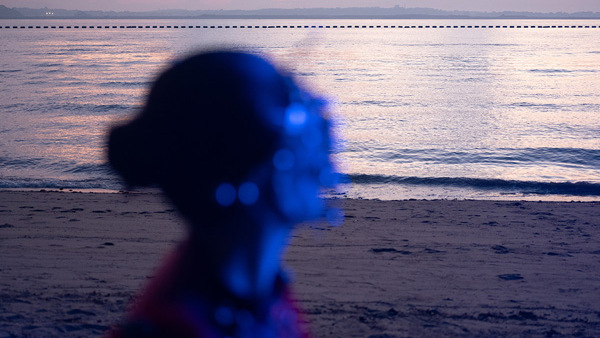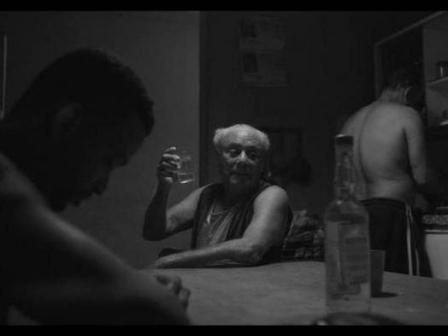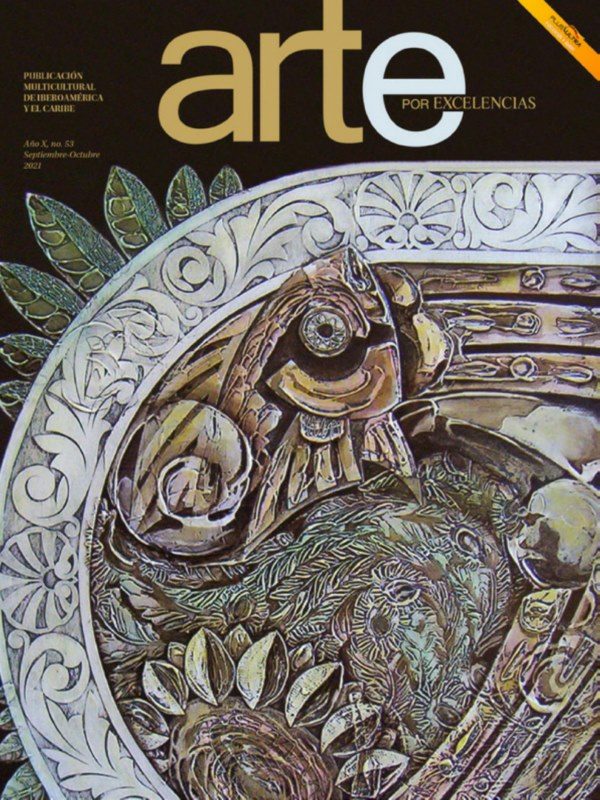By:Susana Méndez
After winning awards in different film festivals like those in Lima, Rotterdam, Buenos Aires, Miami, Toulouse and others, the Cuban film La obra del siglo (The project of the century) by director Carlos Machado Quintela, is competing at the 37th New Latin American International Film Festival.
Initially, Quintela’s film was going to narrate the story of three men, of three consecutive family generations, living alone in an apartment with their conflicts, but then, in the middle of this idea, the filmmaker ran into a relevant event of the Cuban past: the beginning of the building in Cuba in 1982—with Soviet investment and advisory—and subsequent disarmament in 1992, as a result of the Socialist field fall, of the Electronuclear Central of Juraguá, in the province of Cienfuegos, popularly known in the whole country as CEN, what was expected to be the most important engineer project of the 20th century in Cuba: The project of the century.
These three characters, grandfather, father and son—played in the same order by Mario Balmaseda, Mario Guerra and Leonardo Gascón—went to live in a small apartment of the Nuclear City that was built for the CEN workers four kilometers away from it; one of them—that of the middle generation—was an engineer of the nuclear projects and is breeding pigs at present; the three try to survive in a situation that causes a great reflection that goes beyond the Cuba frontiers for its high human and existential content.
The compulsion of not forgetting socio political events that transcend to the life of people, many of them marking a way that wasn’t the promised or the dream one, is a latent idea in this film that has the big virtue to get the spectator closer to a past time and its consequences, with a great emotional burden that entails the certainty of the urge to remember.
The protagonists’ performances in La obra del siglo are so natural and organic that, for a moment we could think we are watching a documentary shot with hidden a camera; the proven expertise of Mario Balmaseda and Mario Guerra is impressively highlighted thus decisively contributing to the construction of the apartment’s suffocating and oppressive atmosphere where the lives of these three Cubans pass and they don’t know, neither have, how to live; maybe that’s why the film is benevolent with them.
Quintela establishes a confrontation between the file color footage of the extinct Tele Nuclear that preserved the past of Juraguá Central and the workers’ city in a moment of euphoria and ostentation of that monumental work and the black and white present of this useless and victim city, with all the weight of its empty daily existence, its static and disenchantment.
The images of the past are presented with their own narration, just at the present ones, in which highlights as a narrative element, the complicity of the silences in this spectral city.
The project of the century is a very complex speech film recreated with the audiovisual language through a series of dramatic resources in which could be felt the pain, the failure, the frustration of the inhabitants of a useless city that seems to be suspended in a limbo and that moves in a sordid environment in the middle of material, but mostly moral lack.
In the end, the director, besides everything he has said or “has let to glimpse at”, gives the spectator figures and data that “finish him off”: the cost of dismantling the CEN in two years and a half was 120 million dollars; the initial plan was to build twelve reactors; the first one wasn’t concluded.
One of the greatest meaning scenes and that best summarizes the catastrophe of paralyzing the construction of the CEN, is when Mario Guerra and Leonardo Gascón characters play inside a reactor vessel that arrived to Cuba in 1986, with a great mission and that lies today in a waste land, careless and useless, of course.
At times, some hilarious elements appear, such as the inclusion of the song Me quedé con ganas, in the voice of his author Vicente Rojas, but these moments can’t ease the feeling of depression and anguish that provokes to prove the failed destiny of so many human beings.
The different juries that have awarded this film made in an independent way from the Cuban film industry, have done it recognizing, among other skills, the brilliant use of the documentary material, an original treatment of the image and an excellent direction of actors; narrative and plastic originality, the critic and humoristic use of file material and the complexity of the artistic language.
Let’s hope The project of the century, by Carlos Machado Quintela, to have a similar reception from the jury of the Feature Films Contest in Havana Film Festival.
Source: Cubarte
Related Publications
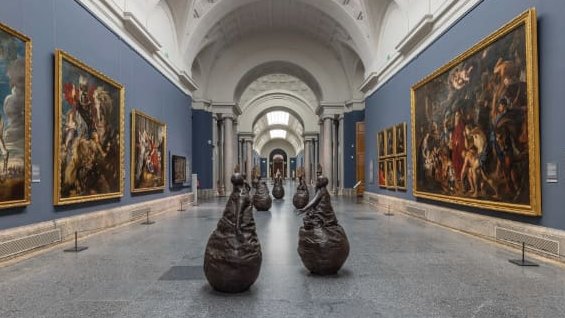
Museo del Prado | Juan Muñoz. Stories of Art
January 07, 2026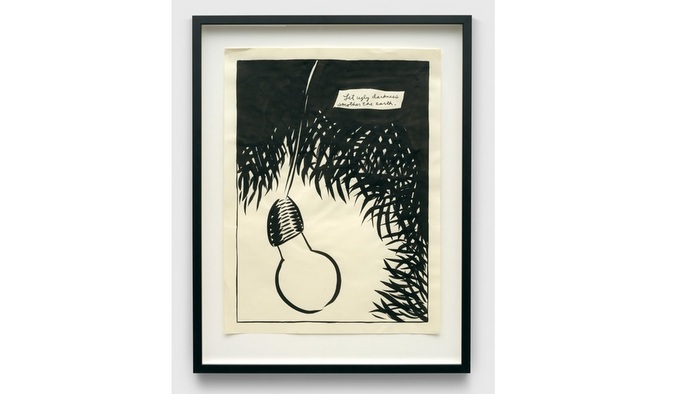
Musée national Picasso-Paris. Raymond Pettibon. Underground
January 06, 2026